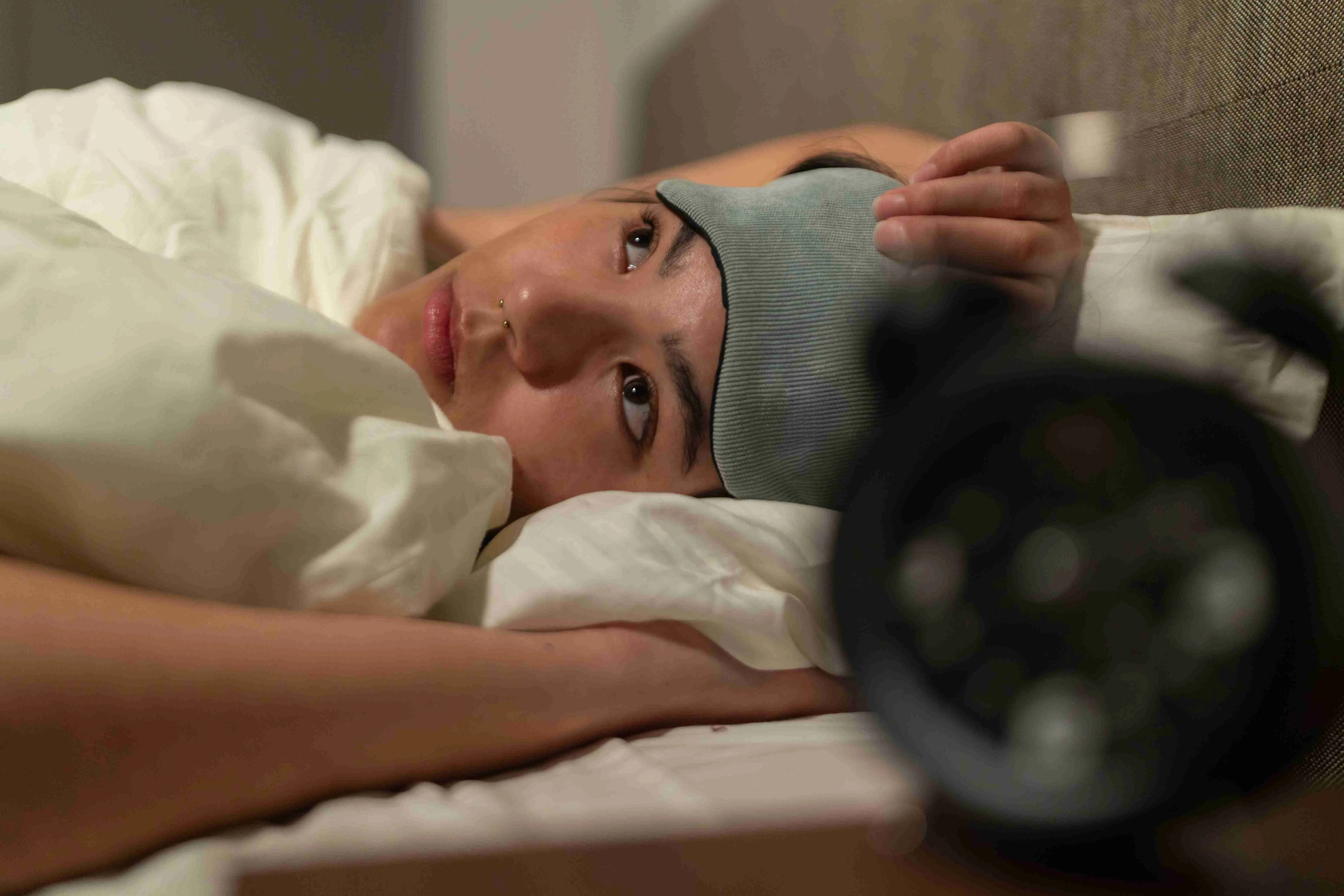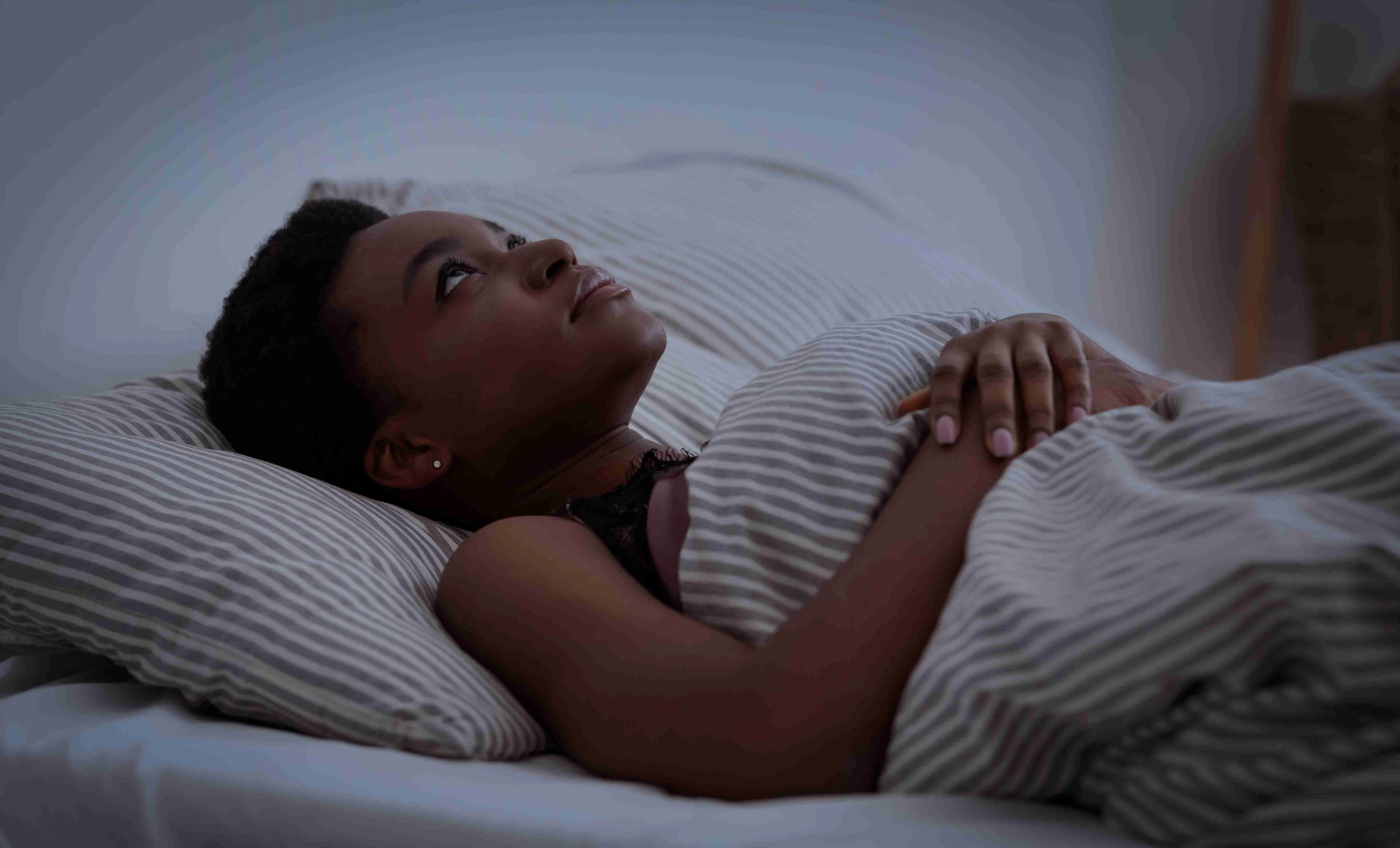Sleep disorders affect millions of people worldwide, but the impact of these conditions is not evenly distributed across all racial and ethnic groups. Various factors, including socioeconomic status, healthcare access, and cultural influences, contribute to disparities in sleep health.
In this article, we will explore the connection between race and sleep disorders, examining the factors that lead to these disparities and how they can be addressed to improve sleep health for all communities.
Understanding Sleep Disorders

Before delving into the relationship between race and sleep disorders, it's essential to establish a solid understanding of these conditions. Sleep disorders encompass a wide range of conditions that disrupt normal sleep patterns, affecting how sleep works.
Some of the most common sleep disorders include:
- Insomnia: Insomnia is characterized by difficulty falling asleep, staying asleep, or experiencing non-restorative sleep. Insomnia can have profound effects on daily functioning and overall well-being.
- Sleep Apnea: Sleep apnea involves repeated episodes of breathing interruptions during sleep, leading to oxygen deprivation and frequent awakenings, often accompanied by loud snoring.
- Restless Leg Syndrome (RLS): RLS is an overwhelming urge to move the legs, often accompanied by unpleasant sensations, that can severely disrupt sleep and lead to daytime fatigue.
- Narcolepsy: Narcolepsy is a chronic neurological disorder characterized by excessive daytime sleepiness, sudden sleep attacks, and potential episodes of cataplexy (temporary loss of muscle tone).
The Role of Genetics in Sleep Disorders
While environmental and social factors play a significant role in the prevalence of sleep disorders, genetics also contribute to the observed disparities across racial groups. There are several genetic variations associated with sleep disorders, including:
Certain genetic variants have been associated with an increased risk of sleep disorders such as obstructive sleep apnea, particularly in African American and Hispanic populations.
Additionally, genetic variations affecting iron metabolism and dopamine regulation play a role in the development of RLS, with differing prevalence across racial groups.
Furthermore, disruptions in sleep-wake cycles and circadian rhythms can be influenced by genetic variations in the genes that regulate the body's internal clock.
Learn more about Insomnia and Genetics.
Factors Contributing to Racial Disparities in Sleep Disorders

In addition to genetic factors, socioeconomic factors significantly contribute to racial disparities in sleep disorders. These factors combine to disproportionately affect sleep quality in certain racial groups.
The Impact of Socioeconomic Factors on Sleep
Socioeconomic status (SES) plays a pivotal role in shaping an individual's sleep patterns and overall sleep health. Lower SES is often associated with a higher prevalence of sleep disorders, primarily due to the interplay of various factors:
- Income Inequality: Lower income levels can limit access to quality healthcare, sleep treatments, and resources that promote good sleep hygiene. People with lower incomes are also more likely to work irregular hours or multiple jobs, disrupting their sleep schedules.
- Educational Attainment: Lower levels of education correlate with a lack of awareness about sleep health and fewer opportunities for preventive care. This can lead to a higher prevalence of undiagnosed sleep disorders and inadequate treatment.
- Stress and Mental Health: Chronic stress, often exacerbated by financial instability or discrimination, contributes to sleep disorders. Individuals from lower SES backgrounds are more likely to experience anxiety, depression, and other mental health issues, all of which can disrupt sleep.
- Work Schedules: Irregular or shift work schedules in general are more common in lower-income jobs, which can severely impact sleep quality. These schedules disrupt the circadian rhythm, leading to increased sleep disturbances, particularly in racial minority groups.
- Access to Resources: Limited access to quality healthcare, including sleep assessments and treatments, is a significant factor. Communities with lower SES often face barriers to accessing adequate healthcare, which leads to delayed diagnosis and management of sleep disorders.
Cultural and Behavioral Influences on Sleep Patterns
Culture plays a significant role in shaping our attitudes, beliefs, and practices surrounding sleep. Across different racial and ethnic groups, cultural norms and traditions can influence sleep patterns in various ways:
- Sleep Hygiene Practices: Cultural norms around bedtime exercises, room environment, and sleep schedules can vary. For example, some cultures may prioritize social interactions late into the evening, leading to late bedtimes, while others may emphasize early rising and communal sleep practices.
- Family Dynamics: In some communities, multigenerational households are more common, which can lead to crowded living conditions and disrupted sleep. Conversely, in other cultures, family support and shared responsibilities may promote better sleep routines.
- Dietary Habits: Diet and nutrition are important factors in sleep health. Certain traditional diets may affect sleep quality either positively (through the consumption of sleep-promoting foods) or negatively (through foods that stimulate the body or cause discomfort).
- Attitudes Toward Sleep: Cultural beliefs about sleep, such as the perception of sleep as a luxury or an indicator of laziness, can affect how individuals prioritize rest. In cultures where sleep is undervalued, individuals may be more likely to sacrifice sleep for work or family obligations, which negatively impacts their overall health.
Impacts of Racism and Discrimination
Racism and discrimination are powerful social determinants of health, including sleep health. The effects of racism can contribute to chronic stress, poor mental health, and ultimately, sleep disorders:
- Chronic Stress: Experiences of discrimination, prejudice, and unequal treatment in daily life can lead to persistent stress, which has a direct impact on sleep. Stress hormones like cortisol disrupt sleep patterns, making it harder to achieve deep, restorative rest.
- Health Inequities: Racial discrimination in healthcare leads to unequal access to sleep-related diagnosis, treatment, and interventions.
- Sleep Disturbances Due to Societal Stressors: Systemic racism contributes to economic instability, limited job opportunities, and poor living conditions, all of which can negatively affect sleep. Additionally, the fear of discrimination can affect mental well-being, leading to anxiety and insomnia.
Health Implications of Sleep Disparities

Sleep disparities contribute to higher risks of cardiovascular disease, mental health issues like anxiety and depression, and metabolic disorders such as diabetes, while also affecting hormonal balance and cognitive function.
Cardiovascular Health Risks
Sleep disparities, particularly those linked to race and socioeconomic factors, can have serious consequences for cardiovascular health. The chronic lack of adequate sleep or poor-quality sleep increases the risk of developing:
- Hypertension (high blood pressure): Sleep deprivation is closely linked to increased blood pressure, which can lead to long-term cardiovascular issues.
- Heart disease: Those with sleep disorders, particularly sleep apnea, have a higher likelihood of developing coronary artery disease and heart failure.
- Stroke: Chronic sleep deprivation, particularly in at-risk groups, increases the likelihood of having a stroke.
- Obesity and its complications: Sleep disruptions contribute to obesity and higher body fat, both of which are associated with cardiovascular disease.
- Diabetes: Poor sleep impairs glucose metabolism, increasing the risk of type 2 diabetes, which in turn impacts cardiovascular health.
Mental Health Consequences
Sleep disparities, especially those rooted in systemic inequalities, significantly affect mental health. Chronic sleep deprivation or disruption can exacerbate and contribute to:
- Increased rates of anxiety and depression: Sleep disturbances are commonly linked with higher incidences of mood disorders, particularly in minority groups facing social and economic stress.
- Cognitive impairment: Lack of quality sleep can lead to memory problems, difficulty focusing, poor decision-making, and cognitive decline.
- Mood disorders: Irregular sleep patterns are associated with heightened risks for conditions like bipolar disorder or generalized mood dysregulation.
- Psychosis and severe mental health issues: Long-term sleep deprivation increases the risk of psychotic episodes and more severe psychiatric disorders.
- Stress and emotional regulation: Poor sleep impacts how the brain processes emotions, making individuals more vulnerable to emotional instability and stress.
Metabolic and Endocrine Effects
Sleep disparities can disrupt metabolic and hormonal functions, leading to serious long-term health consequences, including:
- Insulin resistance and diabetes: Poor sleep impairs the body's ability to regulate insulin, contributing to higher rates of type 2 diabetes, particularly in populations with sleep deprivation.
- Hormonal imbalances: Sleep disruptions can alter the production of hunger-related hormones, like ghrelin and leptin, leading to overeating and weight gain.
- Chronic cortisol elevation: Prolonged sleep deprivation can elevate cortisol levels, contributing to chronic stress, inflammation, and impaired immune function.
- Thyroid dysfunction: Sleep deprivation can lead to disruptions in thyroid hormone regulation, contributing to metabolic imbalances.
- Impaired growth hormone production: Insufficient sleep reduces the secretion of growth hormones, which affects tissue repair, immune function, and overall physical health.
Strategies to Address Racial Disparities in Sleep Health
To combat the racial disparities in sleep health, a multifaceted approach is needed. Below are key strategies to address these disparities:
Improve Access to Healthcare
Increase access to healthcare services, including sleep assessments and treatments, for underserved communities. Expand insurance coverage for sleep disorders and treatments, ensuring all individuals can access the care they need.
- Underdiagnosis: Due to various barriers, including cultural beliefs, language barriers, and implicit biases, sleep disorders may go undiagnosed or misdiagnosed in certain racial and ethnic groups.
- Limited Access to Specialists: In many communities, there is a shortage of sleep specialists and sleep clinics, making it challenging for individuals to receive proper evaluation and treatment.
- Lack of Cultural Competency: Healthcare providers may lack the necessary cultural competency to effectively communicate and address sleep concerns in a culturally sensitive manner.
Promote Sleep Education
Provide culturally relevant education on sleep health, focusing on the importance of sleep hygiene and the impact of sleep disorders. Create awareness programs to educate both healthcare providers and patients about the unique challenges faced by different racial groups.
Reduce Systemic Bias in Healthcare
Train healthcare providers to recognize and address implicit biases that may affect their diagnosis and treatment of sleep disorders in racial minorities.
Encourage the development of guidelines and practices that ensure equitable care for all patients, regardless of race.
FAQs
What is the connection between race and sleep disorders?
There is a significant connection between race and the prevalence of sleep disorders. Factors such as socioeconomic status, cultural influences, health disparities, genetics, and access to healthcare can contribute to the observed disparities in sleep health across racial and ethnic groups.
How does socioeconomic status impact sleep health?
Lower socioeconomic status is often associated with a higher prevalence of sleep disorders due to factors such as suboptimal living conditions, increased stress and mental health issues, irregular work schedules, and limited access to sleep-promoting resources.
What role do cultural influences play in sleep patterns?
Cultural norms, beliefs, and practices surrounding sleep hygiene, family dynamics, dietary habits, and attitudes toward sleep can significantly influence sleep patterns and the prevalence of sleep disorders across different racial and ethnic groups.
How do health disparities contribute to sleep disorders?
Racial and ethnic minorities often face barriers to accessing quality healthcare, including socioeconomic disadvantages, implicit biases, language barriers, and mistrust in the healthcare system, which can lead to underdiagnosis and inadequate treatment of sleep disorders.
What is the role of genetics in sleep disorders across racial groups?
Genetic variations associated with sleep disorders, such as sleep apnea, restless leg syndrome, and circadian rhythm disorders, can contribute to the observed disparities in the prevalence and manifestation of these conditions across different racial and ethnic groups.
What strategies can be implemented to address sleep disparities across racial groups?
Strategies to address sleep disparities include community outreach and education, healthcare provider training, increasing access to sleep specialists, addressing social determinants of health, and fostering collaborative efforts between various stakeholders.
Conclusion
In conclusion, the connection between race and sleep disorders highlights the complex intersection of social, economic, and healthcare factors that contribute to sleep disparities. By acknowledging and addressing these issues, we can work towards creating a more equitable approach to sleep health.
Karen Barnard
Karen is a Human Movement Science expert and a certified sports nutrition and massage therapist. At Sleepiverse, she combines her passion for human movement science and sleep health to educate herself and her readers about healthier sleep. In addition to writing articles, Karen manages a fitness studio offering private training, athletic conditioning, and sports massage therapy. She focuses on providing people with a holistic environment for people to reach their health goals, often incorporating stretch therapy to promote mental tranquillity and help people improve their sleep.


